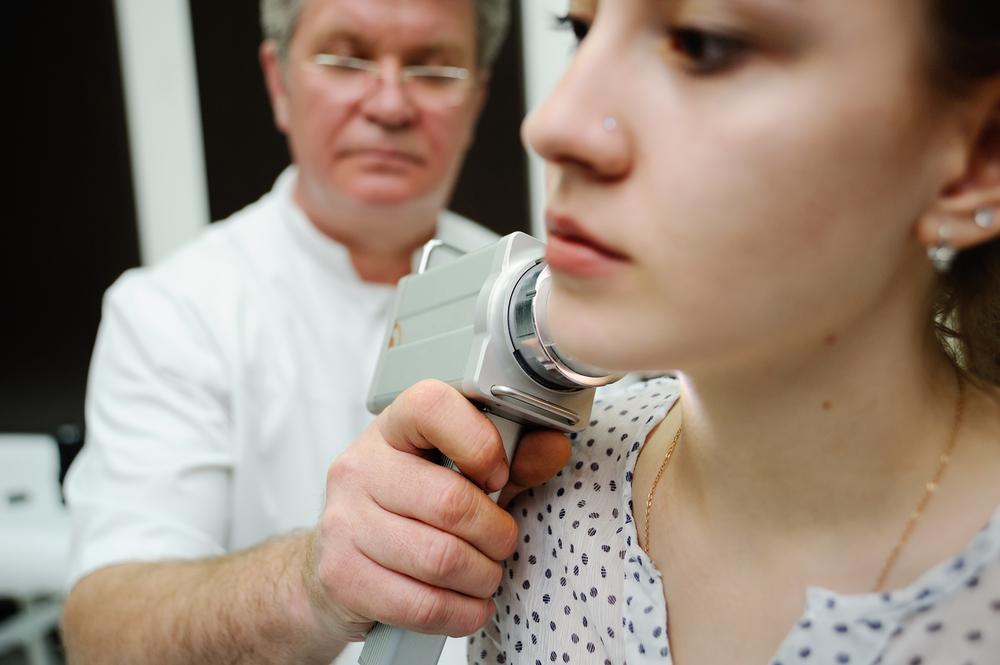Here’s What You Need to Know about Melanoma
Melanoma is one of the serious types of skin cancer. It usually develops in the melanocytes, which produce the pigment melanin that gives color to the human skin. While melanoma can occur in other parts of the body as well, such as the eyes or internal organs, skin cancer is the most common and dangerous one.
Prolonged exposure to ultraviolet radiation often causes changes in the DNA of the melanocytes in the skin. This, as a result, will trigger mutations that involve the incessant growth of skin cells. This uncontrollable growth of skin cells leads to the development of unwanted tumors, moles, blemishes, etc.

The occurrence of melanoma (skin cancer) has been growing in the country as more people are being exposed to UV rays and sunburns. The rays are so powerful that they easily penetrate the skin layer and give rise to such mutations and aggravate the complications arising due to these tumors.
Causes of melanoma (skin cancer)
Everyone is at a risk of developing this cancer. However, some are at an enhanced risk if any or more of the following conditions are experienced.
- Exposure to sunlight: The UV rays coming from the sun have proven to be harmful to human skin when exposed for a long time.
Symptoms of melanoma (skin cancer)
One of the first signs of skin cancer is a new mole or remarkable changes in an existing mole. The existing mole usually changes shape and grows bigger. Sometimes, it may also change its color. Often, it may start bleeding or become itchy as well. Other times, the mole may become sore as well.
Sometimes, there can be an open or inflamed skin visible, which will generally not heal easily. An oval bump with a bleeding ulcer can also be found at times with a red spot in the center. Alongside, a bluish black, reddish, or brown patch of skin is visible in the chest or back. Even a flat spot may become a bleeding spot. If any of these symptoms are noticed, one should visit a doctor at the earliest.
Treatment of melanoma (skin cancer)
In the earlier stages of melanoma, only the top layer of the skin called the epidermis is removed along with a small portion of healthy skin around it. In the next stage, a sentinel lymph node biopsy might be required in some cases. Next, in stage 3, a drug might be injected along with the surgery.
The stage is the critical stage, and sometimes, it becomes very difficult to cure the skin cancer at this stage. Hence, chemotherapy, immunotherapy, radiation, etc. are implemented at this stage. Often melanomas recur, and then they can be treated with further chemotherapy and other similar targeted drug therapy where the cells are further destroyed.

